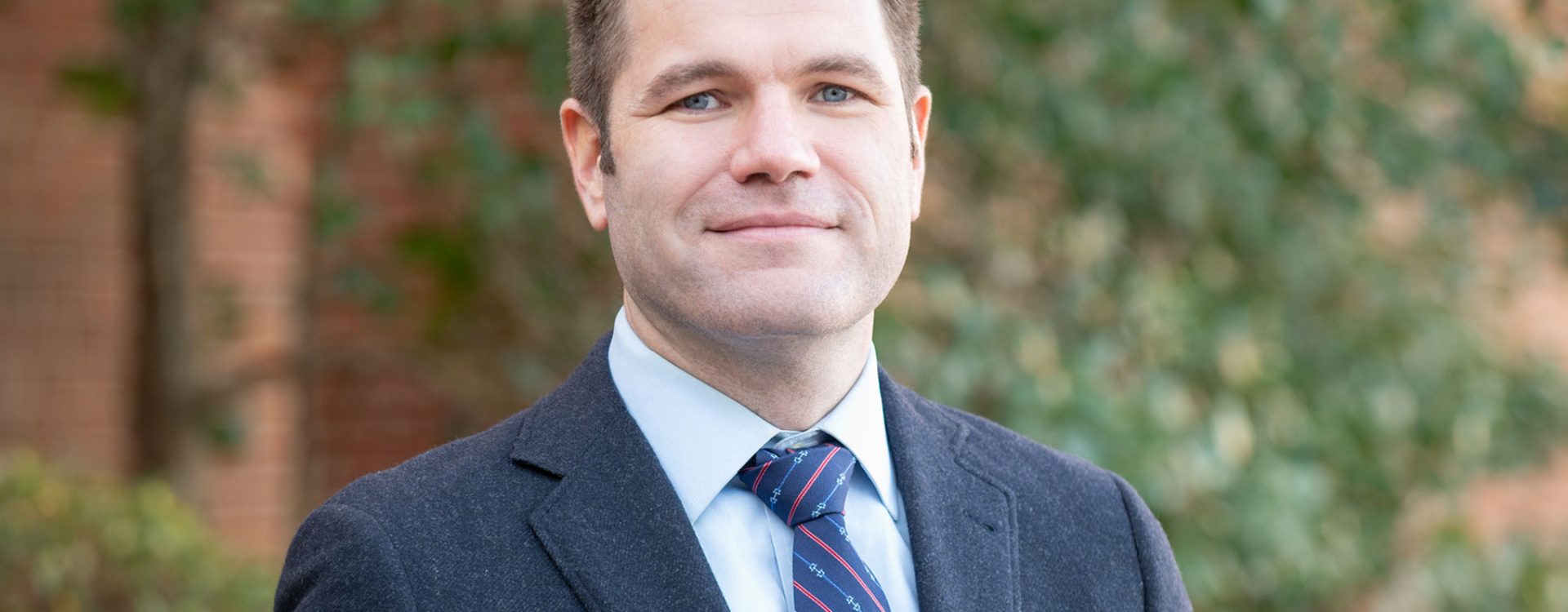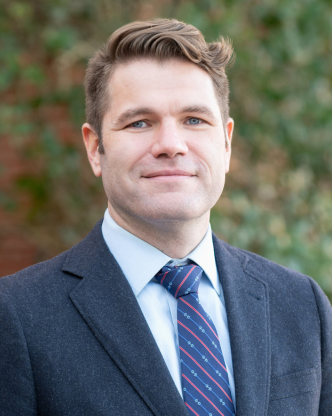Since March is Colorectal Cancer Awareness Month, we asked board-certified general and colorectal surgeon, Dr. Coen Klos, for his insights into his specialty, his inspiration, and what he does to recharge.
What is the role of a colorectal surgeon in treating colorectal cancer?
Colorectal cancer, a malignant growth that begins in the colon or rectum, is the 2nd most common source of cancer deaths in the U.S. Despite advancements in screening and treatment, colorectal cancer remains a significant public health challenge due to its high incidence rates and potentially fatal outcomes if not detected early.
The treatment of colorectal cancer requires a team approach. Gastroenterologists often perform colonoscopies to prevent or detect disease, and radiologists and pathologists work together to stage the cancer. Depending on the stage, some require a combination of chemotherapy, radiation, and surgery to either get control of the disease for a long period or preferably cure the cancer altogether.
Within the team it is the colorectal surgeon’s responsibility to stay informed about the most recent standard of care regarding all these treatment components, as well as ongoing developments in the form of clinical trials, to recommend and execute the best surgical treatment plan.
How does early intervention by a colorectal surgeon impact the overall outcome for the patient?
In some cases, this can make the difference between a permanent ostomy versus anal sphincter muscle preservation with the ability to restore normal anatomy. In very selective cases this strategy may even result in complete regression of the tumor, allowing for “organ sparing” treatment, where surgery is reserved only for those tumors that grow back during close surveillance.
What advancements in colorectal surgery have you applied in recent years?
Most colorectal surgeons have been able to perform a large share of their cases by a minimally invasive approach. However, in recent years, colorectal surgeons have started to perform minimally invasive surgery using surgical robots.
UNC Health Pardee now offers robotic surgery to its patients using the da Vinci® surgical system for colorectal surgery and urologic surgery, including prostate, kidney, and bladder procedures.
The most exciting advances are not so much related to the surgical procedures, but more so to the available treatments before and after surgery. For example, by studying aspects of the genetic profile of colon cancers, in some cases, we may be able to use immunotherapy to control and sometimes shrink tumors that look initially difficult to remove with a surgical procedure. We have also been able to determine that for rectal cancers it can be more beneficial to plan and give any indicated chemotherapy and radiation therapy before surgery takes place.
What led you to pursue a career in colorectal surgery?
During medical school at the University of Amsterdam, I was captivated by diseases of the gastrointestinal tract. At the same time, I enjoyed being in the operating room because it is a place where a team gets to work closely together and is allowed to truly devote all its attention to one goal: a successful operation for the single most important person in the room – the patient. These two interests led me to complete and publish several research projects in colorectal surgery.
Incidentally, during this time my mother was diagnosed with rectal cancer at a relatively young age. After undergoing chemoradiation therapy and surgery she is now a rectal cancer survivor. All these experiences solidified my goal to become a colorectal surgeon.
Why did you choose Pardee?
I am happy to offer my services to the community at Pardee. This opportunity brings my wife back to the area where she grew up and will allow my kids to spend more time with their grandparents.
My role at Pardee within the surgery department improves the treatment process for those who need colorectal surgery services. Think of colon and rectal cancer, inflammatory bowel disease, complicated diverticulitis, and pelvic floor disorders, for example. Collaboration between a multidisciplinary team of primary care physicians, medical oncologists, radiation oncologists, gastroenterologists, radiologists, pathologists, hospitalists, pharmacists, and now the colon and rectal surgeon can all occur seamlessly at Pardee.
Tell us about you. How do you spend your free time?
I love to go out for a run a couple of times per week. Similarly, I love spending time with my wife and two kids, hiking, swimming, coaching basketball, building a PC, throwing a frisbee, or playing card games.
I do not consider myself an epicure, but I do enjoy trying different foods. At home, I like to cook a good steak and grill outdoors. Regardless of my favorite foods, I do make sure I am on a daily fiber supplement to send some love to my colon.
Learn more about colorectal cancer screenings and what you can do to reduce your risk, find a provider near you.





